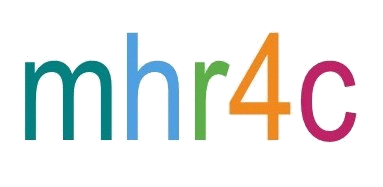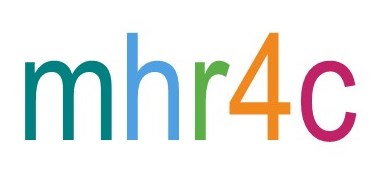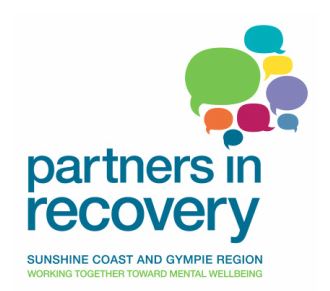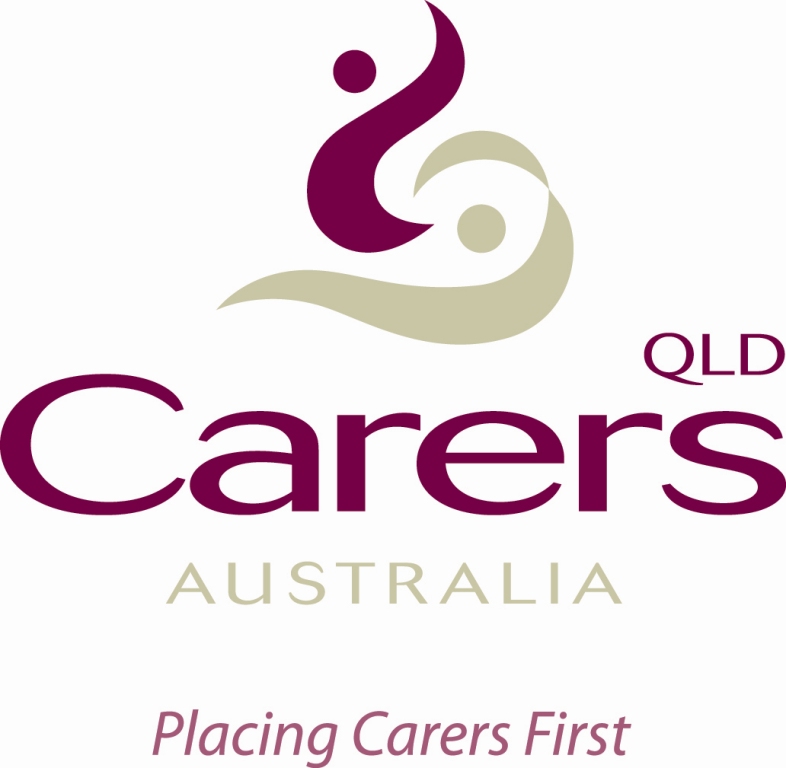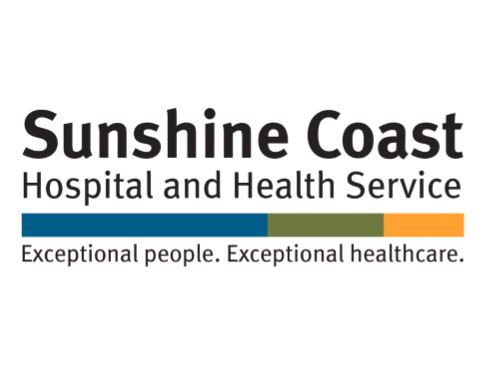Professionals who can help
The mental health system is complex with many different service providers, service areas and levels of support available.
In Queensland mental health, drug and alcohol services comprise both clinical and non-clinical services, including clinical assessment and treatment services, private psychiatrists and psychologists, and services to support people to be well and participate in their community.
Services are delivered by a range of providers operating within and across different sectors.
For more information call the Carer Advisory Service at Carers Queensland on 1800 242 636 or refer to the mental health section of the Carers Queensland website.
- General Practitioner
- School Counsellor
- Psychiatrist
- Counsellor / therapist
- Psychologist
- Community services
- Emergency Services
- Drug and alcohol team

A General Practitioner (GP) is often the first point of contact for someone with a mental illness.
GPs can determine the presence of a mental illness by eliminating possible physical causes. GPs can also make formal referrals to psychiatrists and psychologists.
GPs help manage mental illness by prescribing antidepressants and other medications, and conducting regular health checks.
Medicare rebates are available for a range of mental health treatments, including up to 10 individual consultations and up to 10 group therapy sessions with a mental health professional. You’ll need a referral from a general practitioner, psychiatrist or paediatrician to be eligible. For more information contact Medicare on 132 011.
Phone the Queensland Government’s 13 HEALTH (13 43 25 84) line for 24 hour assessment, referral, advice, and hospital and community health centre contact details.

School counsellors work with students of all ages and their families. A school counsellor can:
- help parents and carers make decisions about their child’s education
- identify and address areas in which a mental illness is affecting students’ learning
- liaise with other agencies concerned with the welfare of the student
- help teachers and students to resolve issues and problems.

A psychiatrist is a doctor who has specialised training in the diagnosis and treatment of mental illness. Psychiatrists can prescribe, administer and monitor psychoactive medication for people with a mental illness.

Counselling is a talking-based therapy to help a person understand themselves and make positive changes in their lives. A list of telephone counselling services, many for diverse community groups, is available on the Queensland Health website.
To find a counsellor you can also contact the Australian Counselling Association on 1300 784 333.

Psychologists are trained to provide psychological interventions to treat mental illness. They design and implement programs that promote recovery.
Unlike a psychiatrist, a psychologist cannot prescribe medication.
The Australian Psychological Society website has a search function to find a registered psychologist.
People with a mental illness are able to access subsidised psychological services by having a Medicare Mental Health Care Plan completed by a GP.

Community mental health services are available across Queensland, providing intake, assessment, early intervention, child and adolescent support, individual and family support, treatment, acute care services and medication management for individuals living with a mental illness, carers and families.
For more information, contact the Carer Advisory Service at Carers Queensland on 1800 242 636. Or contact 13HEALTH (13 432 584) for 24 hour assessment, referral, advice and hospital and community health centre contact details.
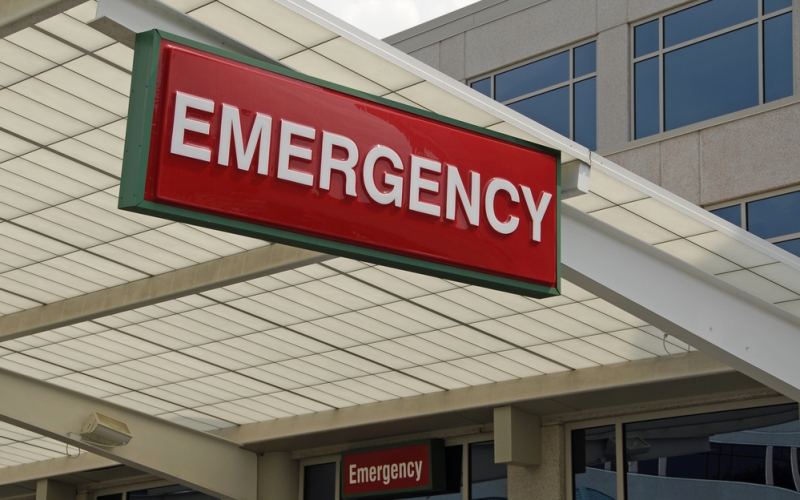
Police, ambulance and emergency personnel provide support to carers and the person with a mental illness when there is a crisis situation, such as an incident relating to self-harm or harm of others.
If you or someone you care about is distressed, in crisis, suicidal or in immediate danger, call Triple Zero (000) immediately or go directly to a hospital.

Dual diagnosis can be difficult to manage effectively, especially when challenging behaviours are present. These challenging behaviours, including self-harm, aggression, avoidance of services, and non-compliance with treatment can add a layer of complexity to treatment.
When a person with a dual diagnosis seeks treatment for drug abuse, the drug and alcohol worker may consider the mental illness a secondary issue or side effect. Conversely, when a person seeks treatment for a mental illness, the mental health worker may consider the substance abuse as a secondary issue or side effect. Drugs and alcohol, and mental health issues are often seen as separate and unrelated issues.
Mental health services and community organisations continue to work together to make dual diagnosis a health care priority.
